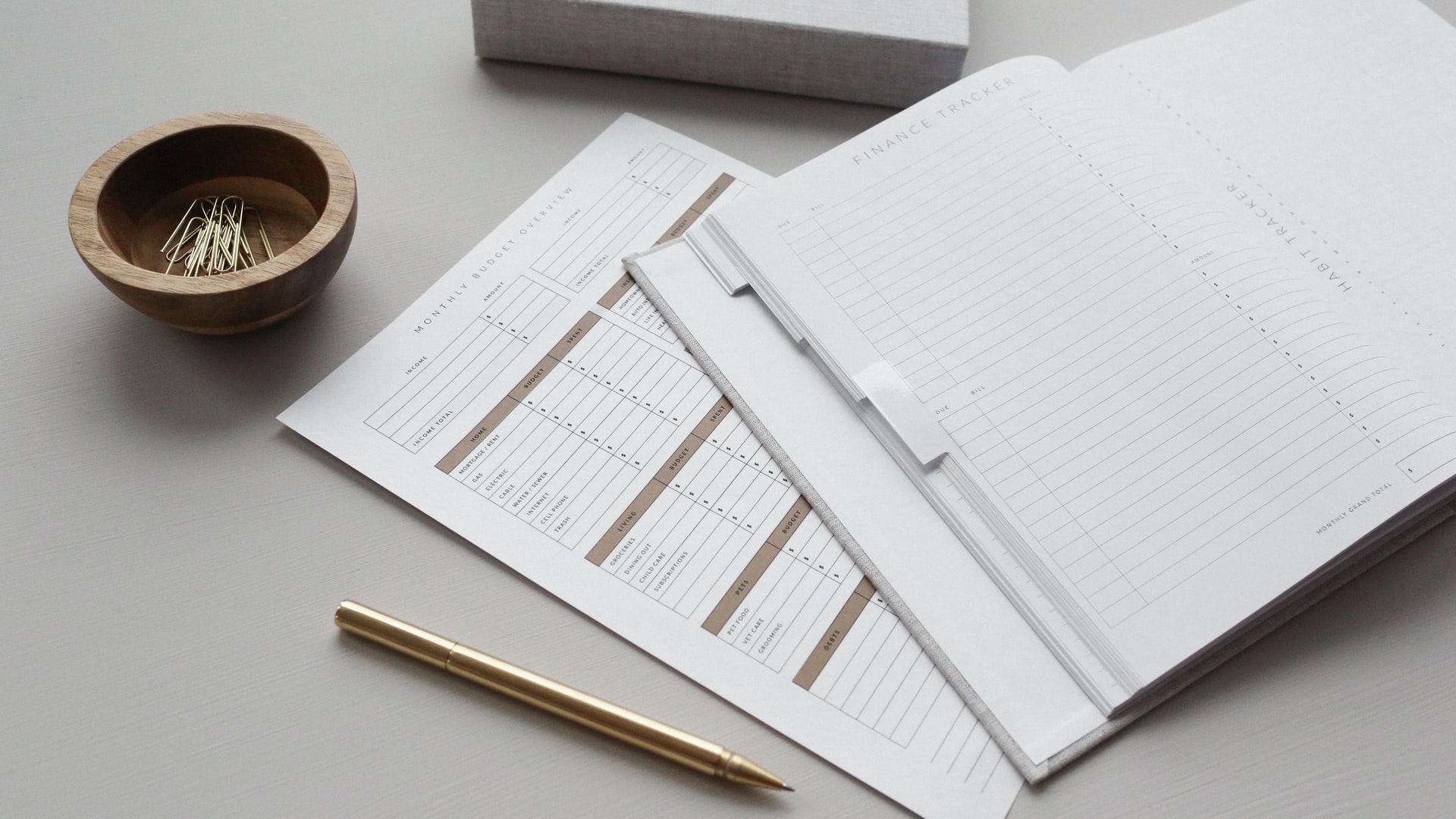How’s your budget looking? Do you have a few general categories, or do you have it broken down into detailed lists to help track your money? When creating a budget, the more detailed you can get, the easier it is to see where your money is going and how you can keep more in your pocket.
As the months go by, we often add more categories to our budget. Why? It’s easy to forget the ones you don’t use as often, or they just slip the mind. The downfall is when you remember them, it can throw your entire budget out of whack.
When building your budget, we have six categories that are often forgotten about.
Vehicle Oil Changes
Now, if you don’t have a vehicle, then this category can get disregarded. However, if you drive, then you won’t want to forget this one. This category is easy to miss because it’s not one you use every month. The bonus of adding in an oil change category is it can be a reminder when it’s time to get one.
Life Insurance
Even if you don’t have life insurance right now, it’s still a category to add in (because it’s in your best interest to get some). Budget for your monthly premiums and life insurance creditor protection.
Veterinarian Bills
Even our furry friends get sick and need medical attention, and when that happens, you’ll be glad you budgeted for it. Veterinarian bills can add up very quickly, especially if your pet needs surgery or medication. If your pet doesn’t need this extensive of care, there still is the annual checkup and shots you’ll have to pay for.
Medical Bills
Speaking of medical bills, do you have a budget for your own? Maybe you only get sick once a year or visit the doctor regularly, having this budget will help you prepare for possible medical bills (including any prescriptions).
Presents
Rather than squeezing in these random purchases into a miscellaneous category or entertainment, have a separate section for gift purchases. Birthdays, Christmas, Valentine’s Day, anniversaries – these are only a few of the times you’re likely to buy a present.
Emergency Fund
Do you have an emergency fund? If not, it’s time to add this category to your budget. Your emergency fund is money you set aside for what the name suggests, an emergency. It could be an unexpected expense or losing your job. Whatever the reason, that money is there to help you out in tight situations. Just don’t forget to budget for it.
What can you do if you have a random expense pop up that you didn’t budget for? You can mix it into your monthly budget in a few ways. One, you could take from another category to keep everything balanced. That way, you won’t necessarily go over and can keep on track.
Another option is to dip into the emergency fund mentioned above. However, if this becomes a common occurrence, then it’s a good idea to re-evaluate your budget. Don’t forget to put money back into the fund if you use it.



 Bitcoin
Bitcoin  Ethereum
Ethereum  Tether
Tether  XRP
XRP  Solana
Solana  USDC
USDC  Cardano
Cardano  TRON
TRON  Lido Staked Ether
Lido Staked Ether  Avalanche
Avalanche  Toncoin
Toncoin